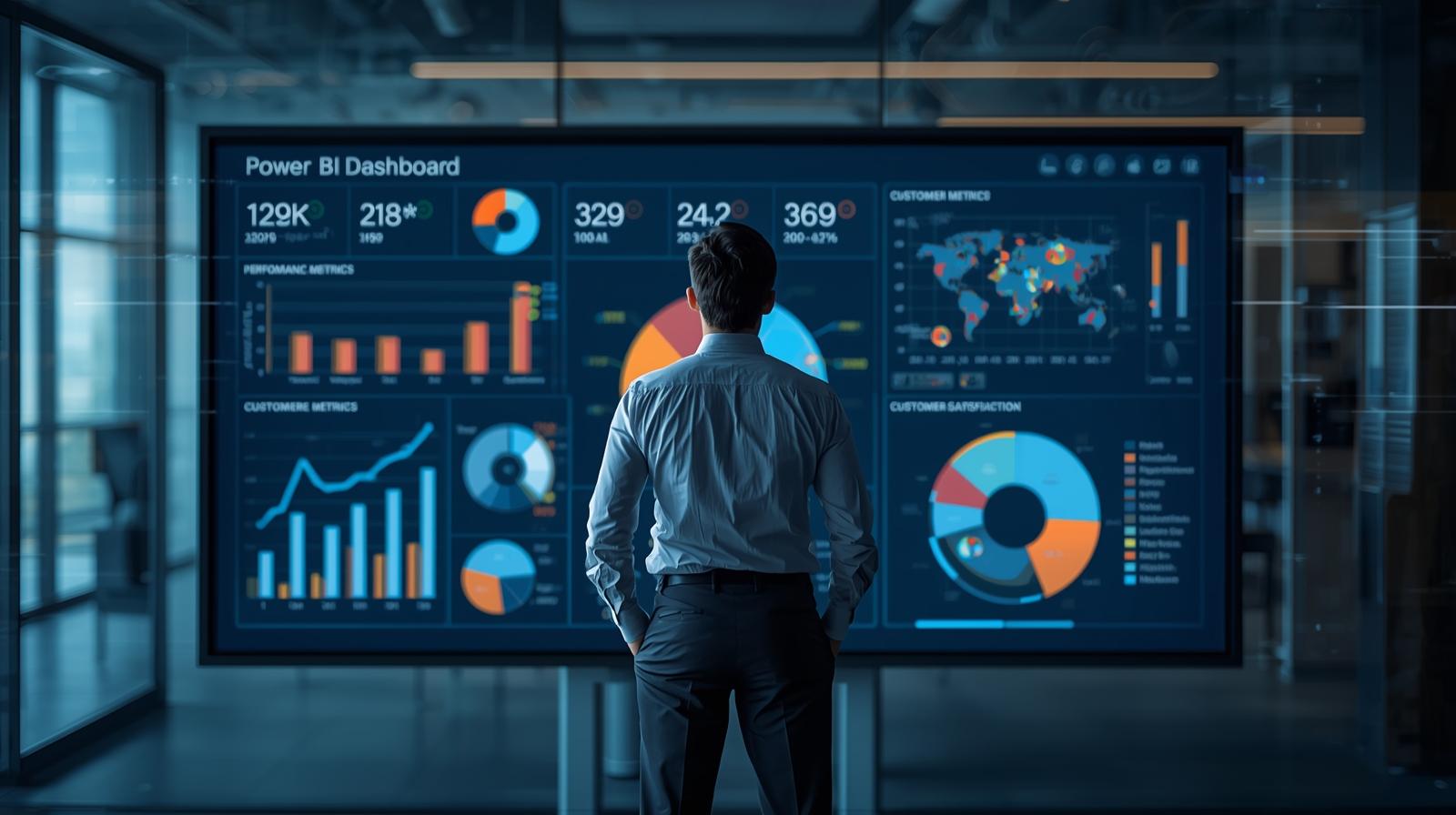Know Thyself. In a world where the volume of data doubles every two years, creating a sea of information where it is practically impossible to navigate without a compass, the practice of the famous phrase by the Greek philosopher Socrates – know thyself – becomes increasingly necessary.
The conversations with partners and collaborators brought intangible data, information that is difficult to measure. What is on everyone’s lips is what equal does: “We help companies transform raw data into information that drives business results through technology and data engineering solutions.”
But how does this work in practice? What is the impact of a good decision on a business? What, in this data-driven work, sets us apart from competitors? What can we improve and evolve in our deliveries?
I went after these answers, and it was interesting to observe that many people had never stopped to think about such topics. The lack of reflection on our daily activities is common. The human brain has its own ETL to automate routines and repetitive tasks, so we end up executing dozens of actions without assessing whether they still make sense as the process unfolds. I believe that this moment of pause and self-analysis was beneficial for the team.
Seeking answers to these sometimes intangible questions is essential for communication work. That’s why the self-knowledge phase is so important. It is this understanding that will allow us to relate well internally as a company and also with the market.
And speaking of the market, two characteristics of our ideal client are also clear to everyone at equal:1. We want to reach medium-sized companies that; 2. Are aware of the importance of data for professional and efficient management. And from there, new questions arise: Who are these medium-sized companies in Brazil (and abroad)? Where do they live? What do they consume?
The dive into the interviews was actually the first meter of a descent into the equal sea of data engineering and analysis. After looking from the inside out, it’s time to seek new sources, understand market numbers, and conduct new research and benchmarks.
Corporate self-knowledge is a continuous process that requires constant reflection and action. Just as with individuals, for companies, this practice is vital for sustainable, innovative, and resilient growth, ensuring long-term relevance and success in the market.
Even among our clients who arrived already aware of the importance of BI, the perception of the positive impact of our work was built gradually as deliveries were made, such is the disruption of what we do for our clients’ businesses!
How do you measure, for example, the satisfaction and happiness of an employee who no longer has to spend days on repetitive tasks, now automated by BI? How can we measure the productivity increase of this more motivated employee?
There is a famous saying in management: “What cannot be measured, cannot be managed.” I disagree and dare to suggest another approach: not everything that needs to be managed, like the work atmosphere among employees, can be easily measured; but everything that needs to be measured needs to be equal equal!
That’s the message I, as marketing, want to communicate to the market.



